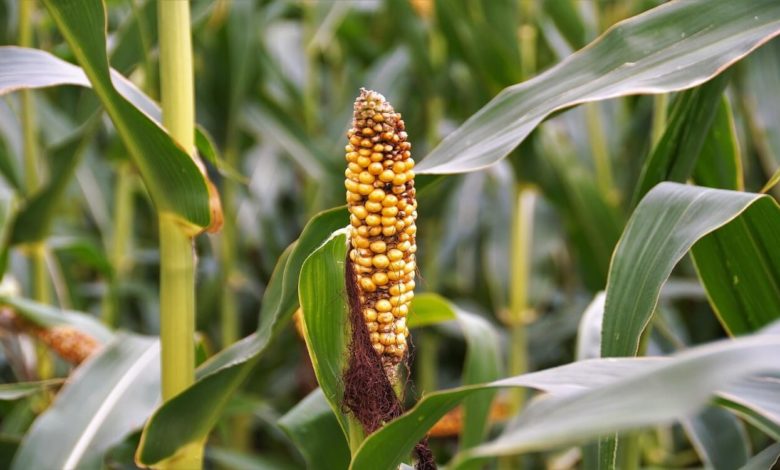Climate Change is a Major Threat to our Plant Health

The Scientific review of the impact of climate change on plant pests looks at 15 plant pests that have spread or may spread due to climate change. Risks are increasing, the authors warn, with a single, unusually warm winter capable of providing conditions suitable for insect infestations.
Qu Dongyu, Director-General of the UN Food and Agriculture Organization (FAO), has mentioned that “The review clearly shows that the impact of climate change is one of the greatest challenges the plant health community is facing”.
It has been revealed that about 40 per cent of the global crop production is currently being lost due to pests, and plant diseases are robbing about $220 billion annually from the global economy. These invasive pests, which are main drivers for biodiversity loss, are costing countries at least $70 billion.
Species such as the fall armyworm, which feeds on crops that include maize, have already spread due to warmer climate. Others, such as desert locusts, which are the world’s most destructive migratory pests, are expected to change their migratory routes and geographical distribution.
Such movements like these threaten food security as a whole threatening small holder farmers and countries where food security is an issue. Therefore, Mr. Dongyu mentions that “Sustaining plant health is an integral part of our work towards more efficient, inclusive, resilient and sustainable agri-food systems.”
One of the measure to be taken is improving measures to limit transmission and adjusting plant protection policies especially for those plant diseases that are spread through travel and trade. In addition to the need for more research, and more investments in strengthening national systems and structures related to plant health.



